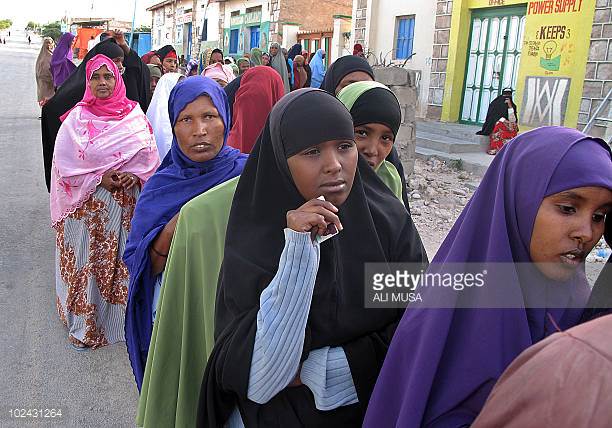SOMALILAND VOTES: Human Rights Watch warns against social media black-out during Somaliland polls


Human Rights Watch has protested the decision by Somaliland’s electoral body to shut down social media during the November 13 presidential poll terming the move a violation of public’s right to information.
Human Rights Watch Africa Division senior researcher Laetitia Bader said it was incumbent upon Somaliland authorities to ensure the right to access to information is upheld adding free flow of information could help curtail spread of fake news.
“While governments have sought to justify such bans on the grounds that election commentary may spark violence or the proliferation of “fake news,” the public’s access to information is key to free and fair elections,” Bader said in a statement Friday.
Somaliland Electoral Commission spokesman Sai’d Ali Muse announced Friday access to social media will be cut off from the day of the elections until the results are announced.
Muse singled out key social media platforms including Facebook, WhatsApp, Twitter, Linked, Viber among others.
“Somaliland officials should acknowledge the critical role the Internet plays in its development and democratization process,” argued Bader. “And, if they are concerned about the spread of “fake news” and social unrest, they can disseminate accurate information and discourage violence.”
At least 700,000 voters will be casting their vote November 13 to elect a new president ending a two year delay to replace outgoing president Ahmed Silanyo. Elections were scheduled for 2015 according to Somaliland constitution but they were severally delayed.
Meanwhile Muse has told Goobjoog News over 120 observers will be monitoring the polls.
“There are more than 120 international groups from Europe, America and Africa, IGAD and other different organizations of African Union and other countries that have interest of Somaliland. We are using state of the art technology where the world is watching how it’s going to work, it might be used in the rest of Africa,” said Muse